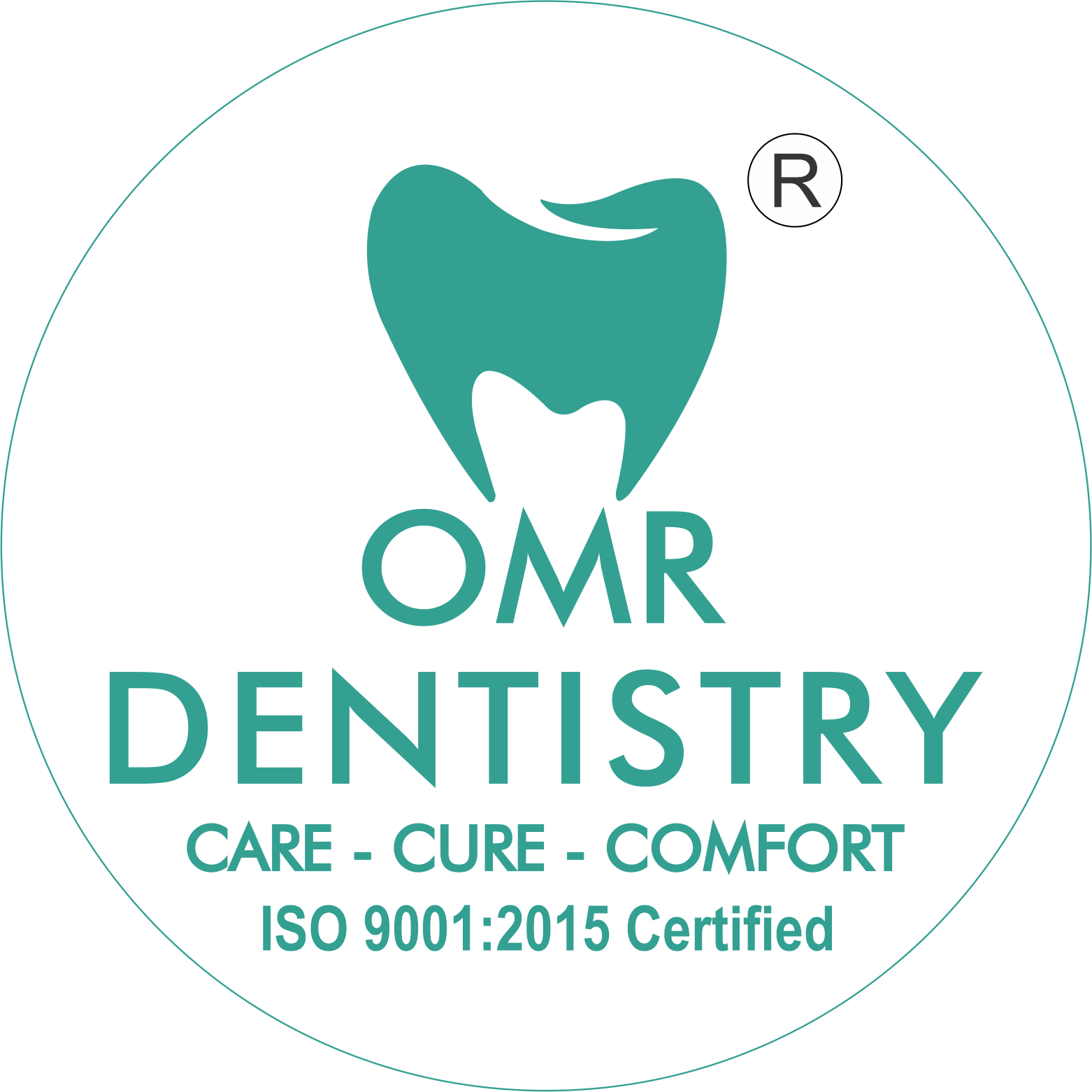06 Dec The Grind Unveiled: Understanding Teeth Grinding and Preserving Your Pearly Whites
In the world of oral health, a common yet often underestimated concern is teeth grinding, scientifically known as bruxism. This involuntary grinding or clenching of teeth can lead to a host of dental issues if left unaddressed. In this blog, we’ll delve into the nuances of teeth grinding, exploring its causes, symptoms, and practical steps to preserve your precious smile.
Unmasking Bruxism: What Is Teeth Grinding?
Teeth grinding is a dental phenomenon where individuals unconsciously clench, gnash, or grind their teeth, typically occurring during sleep. The act may seem harmless, but its consequences can be far-reaching, affecting not only your teeth but also your jaw and overall oral well-being.
Common Causes of Teeth Grinding:
1. Stress and Anxiety:
– Everyday stressors can manifest in teeth grinding. Identifying and managing stress is a key component in addressing this common cause of bruxism.
2. Sleep Disorders:
– Conditions like sleep apnea can contribute to teeth grinding. Understanding the relationship between sleep quality and bruxism is crucial in tackling the issue at its root.
3. Malocclusion (Misaligned Teeth):
– An improper bite or misaligned teeth can lead to grinding as the jaw seeks a comfortable position. Orthodontic solutions can play a pivotal role in addressing this aspect of bruxism.
Recognizing the Signs:
1. Tooth Wear and Sensitivity:
– Excessive grinding wears down tooth enamel, leading to increased sensitivity. Regular dental check-ups can help identify early signs of enamel erosion.
2. Jaw Pain and Headaches:
– Persistent jaw pain and tension headaches can be indicative of bruxism. These symptoms should prompt a visit to your dentist for a thorough examination.
3. Disturbed Sleep Patterns:
– If you often wake up feeling fatigued or notice disrupted sleep patterns, bruxism might be affecting your overall sleep quality.
Guarding Your Smile: Practical Solutions for Teeth Grinding
1. Custom Mouthguards:
– Dentists often recommend custom-fitted mouthguards, a simple yet effective solution to protect your teeth from the impact of grinding.
2. Stress Management Techniques:
– Incorporating stress-reduction practices such as meditation, deep breathing, or yoga into your daily routine can help alleviate the psychological triggers of bruxism.
3. Orthodontic Interventions:
– For cases related to misaligned teeth, consulting with an orthodontist can provide insights into corrective measures to improve your bite and reduce grinding.
Conclusion:
Teeth grinding may be a common issue, but its potential impact on your oral health should not be underestimated. By understanding the causes, recognizing the signs, and exploring practical solutions, you can take proactive steps to preserve your beautiful smile. Regular dental check-ups play a pivotal role in catching bruxism early, allowing for timely intervention and personalized strategies to guard your grin for years to come. So Don’t wait, start consulting on of the best dentist in chennai at OMR Dentistry.


Sorry, the comment form is closed at this time.